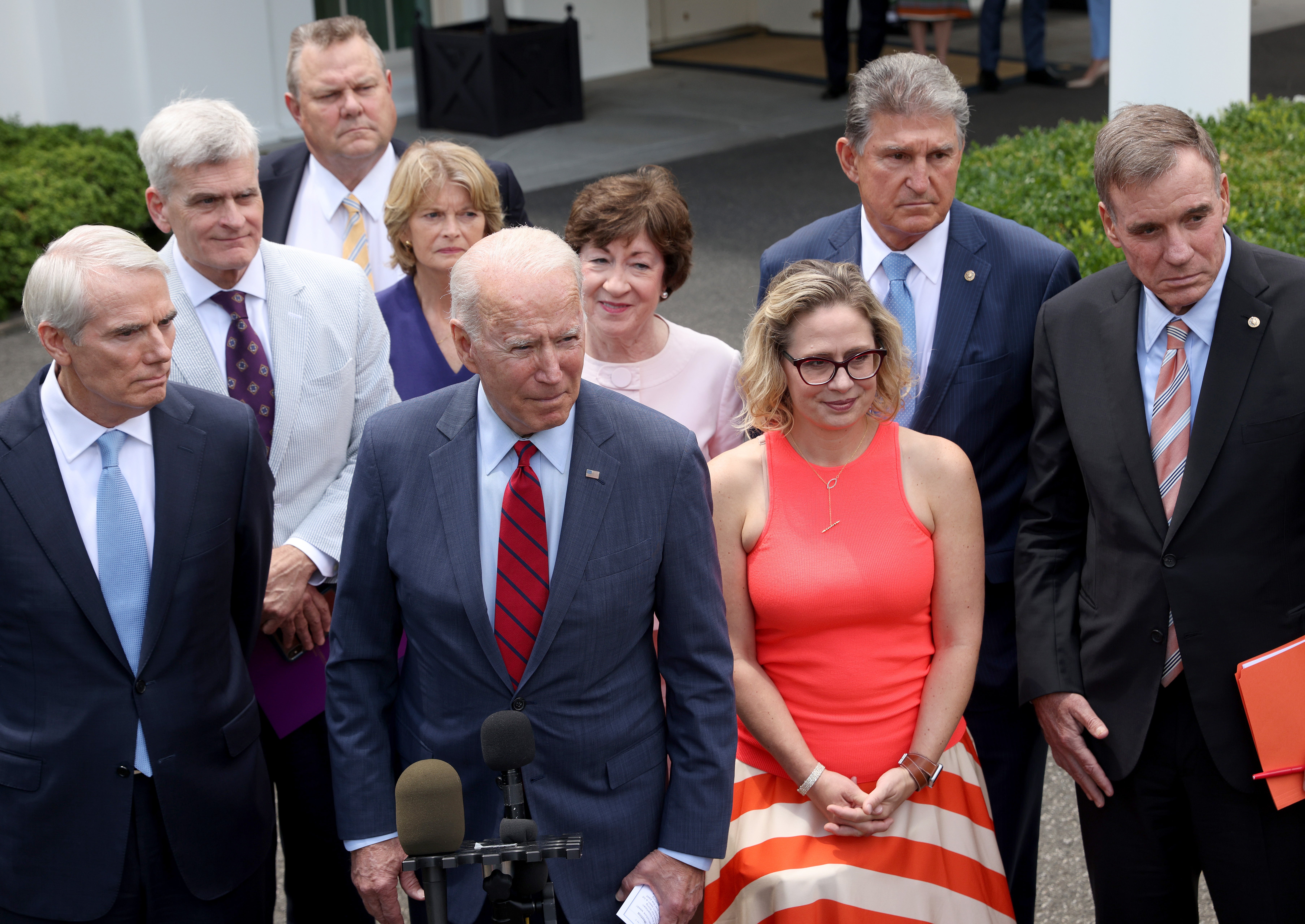Why Biden’s voting speech will be admirable but empty without Manchin and Sinema agreeing to change filibuster
Biden can’t really do much without either of them supporting changes to the filibuster – and they don’t seem to be moving

Your support helps us to tell the story
From reproductive rights to climate change to Big Tech, The Independent is on the ground when the story is developing. Whether it's investigating the financials of Elon Musk's pro-Trump PAC or producing our latest documentary, 'The A Word', which shines a light on the American women fighting for reproductive rights, we know how important it is to parse out the facts from the messaging.
At such a critical moment in US history, we need reporters on the ground. Your donation allows us to keep sending journalists to speak to both sides of the story.
The Independent is trusted by Americans across the entire political spectrum. And unlike many other quality news outlets, we choose not to lock Americans out of our reporting and analysis with paywalls. We believe quality journalism should be available to everyone, paid for by those who can afford it.
Your support makes all the difference.President Joe Biden is traveling to Atlanta to speak on the importance of voting rights legislation ahead of Martin Luther King Jr Day. The president’s address is sure to be full of all the pomp and circumstance one might expect, with him visiting Ebenezer Baptist Church, where the civil rights hero preached (and where Georgia’s newest Sen Raphael Warnock is the current head pastor).
Democrats have wanted to pass new voting rights legislation since the Supreme Court in 2013 significantly weakened Section Four of the Voting Rights Act, which created the formula to determine which states and jurisdictions are require pre-clearance before they pass any changes to voting.
But the legislation took on new resonance after the death of Rep John Lewis, the civil rights icon who marched in Selma and had his skull fractured, and after Black voters propelled Mr Biden to the Democratic nomination in 2020.
“And especially for those moments when this campaign was at its lowest – the African American community stood up again for me. They always have my back, and I’ll have yours,” he said after winning the general election in November 2020.
Similarly, after multiple states with Republican legislatures like Georgia, Florida and Texas have passed legislation ostensibly meant to combat voter fraud – despite no evidence that it tipped the 2020 presidential election – Democrats have found increased urgency.
But no amount of words can shift the fact that as of right now, voting rights are stalled in the Senate. Republicans are almost uniform in their opposition to new voting rights legislation, which the party general considers a federal takeover of elections.
That means that with only 50 votes in their caucus, Mr Biden needs every single Democrat on board to eliminate the filibuster if they want to have a shot at passing voting rights legislation.
But so far, Sens Joe Manchin of West Virginia and Kyrsten Sinema of Arizona have said they do not support changing the rules in the Senate. Mr Manchin, for his part, said he wants a supermajority of 67 votes for any voting rules and in the past has highlighted how the 2006 reauthorisation of the 1965 law passed with 98 votes in the affirmative and zero opposing votes.
This comes despite the fact, as Politico reported, everyone from former presidents Bill Clinton and Barack Obama to Oprah Winfrey lobbied the conservative Democrat from a state where Black people make up fewer than 4 per cent of the population.
Similarly, Ms Sinema has shown no signs of changing her opposition to the filibuster, which she articulated in an op-ed for The Washington Post last year.
“Would it be good for our country if we did, only to see that legislation rescinded a few years from now and replaced by a nationwide voter-ID law or restrictions on voting by mail in federal elections, over the objections of the minority?” she wrote at the time.
Meanwhile, other moderate Democrats like Sen Mark Warner of Virginia have signaled their support for ending the filibuster. Meanwhile, Sen Maggie Hassan of New Hampshire, one of the most endangered Democrats, came out in support of changes to the filibuster to pass voting rights in December.
When asked if he is talking to Mr Manchin about voting rights last week, Mr Warnock, who has prioritised voting rights and who was the late Mr Lewis’s pastor, said “I’m talking to all of my colleagues.”
Join our commenting forum
Join thought-provoking conversations, follow other Independent readers and see their replies
Comments